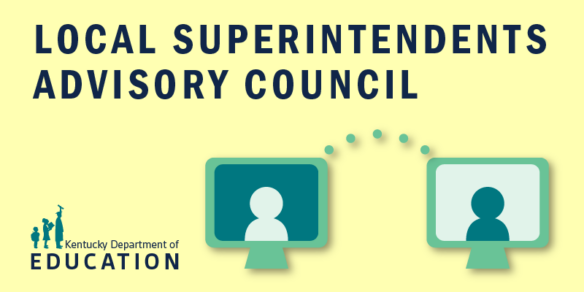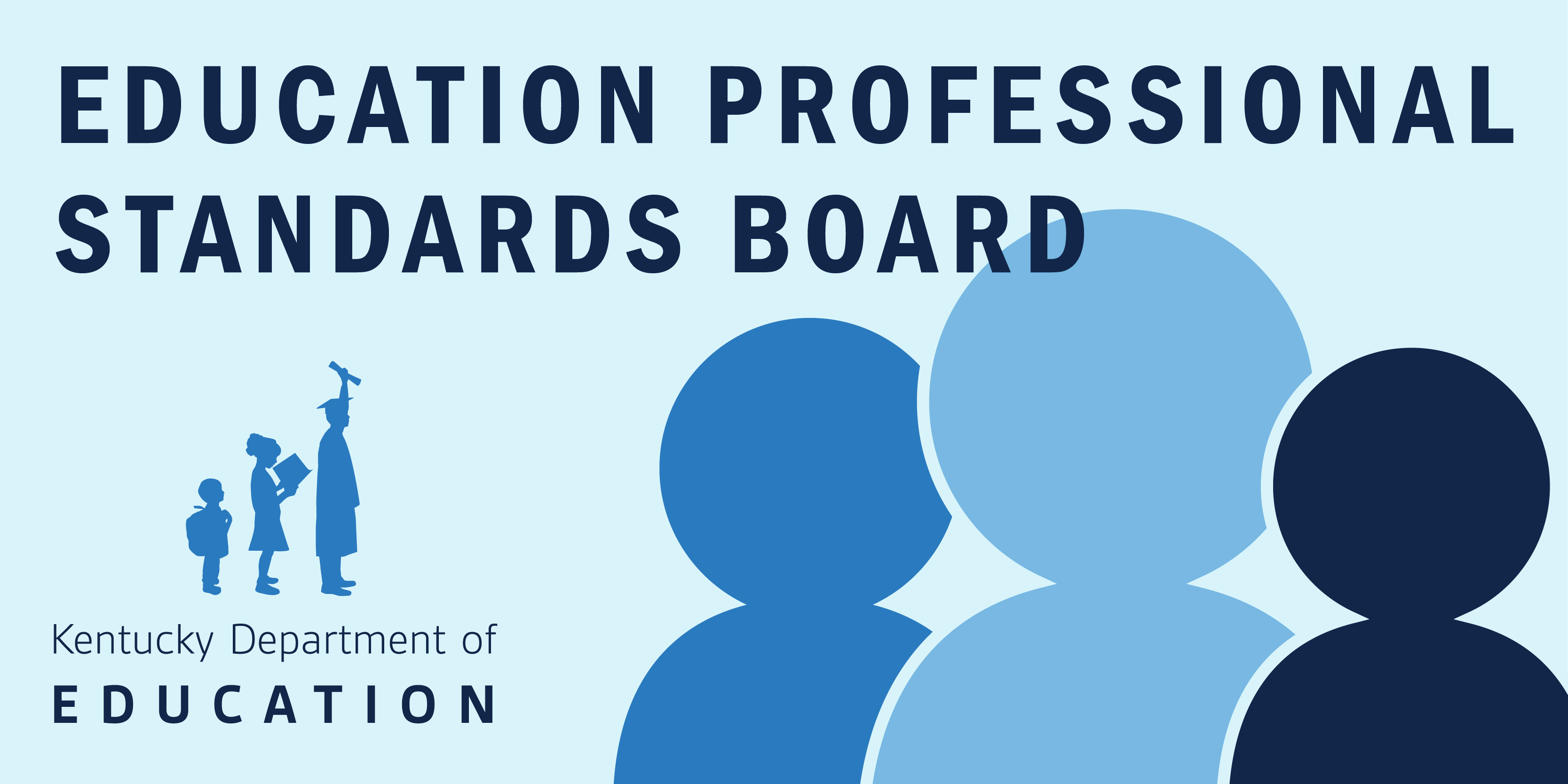
The Local Superintendents Advisory Council (LSAC) heard an update from Kentucky Department of Education (KDE) staff on the latest stage of work transforming the Commonwealth’s assessment and accountability systems during its Sept. 24 meeting.
KDE and the Kentucky United We Learn Council have been working on prototypes for reimagined assessment and accountability systems that will prioritize innovation, personalization, local community and student voice, and the incorporation of vibrant learning experiences.
Commissioner of Education Robbie Fletcher said the work on assessment and accountability is a top priority for him.
“This is one of the reasons I applied to be commissioner,” Fletcher said. “Let’s do an accountability system that means something to our people, to our students.”
KDE is now entering a study phase of the most recent prototype, which involves seeking input from all districts through Kentucky’s education cooperatives and conducting focus groups with 36 school districts to provide feedback. KDE has also launched an assessment and accountability prototype stakeholder feedback survey to receive feedback from the larger education community in Kentucky.
“We welcome that input. As a matter of fact, if you look at some of the input we have received so far, we’re listening,” Fletcher said, referencing how KDE has adapted its prototype to focus more on student growth.
At the time of the meeting, KDE had received 220 responses to the assessment and accountability prototype stakeholder feedback survey. The survey closes Oct. 4.
Meredith Brewer, KDE director of education policy, said the department is gathering information and feedback on the prototype in other ways as well.
Kentucky United We Learn Council members will be conducting interviews with education stakeholders throughout the process to receive input. KDE innovation specialists also have been working with districts to gather information about how prepared they are to implement a vibrant learning experiences indicator, and Brewer said the goal is to have all 171 Kentucky school districts involved with that process.
“Our hope is that at the conclusion of the study phase, we have a large amount of data that we can review and feel confident in the next steps we hope to take,” she said.
LSAC members praised the amount of feedback being sought and the high volume of communication from KDE about the process. Some wanted to see more information about how much implementing a new assessment and accountability system will cost.
The next Kentucky United We Learn Council convening is Oct. 21-22, where Brewer said members will be diving deep into data they have received through the various forms of feedback. Brewer said the goal is to have a prototype for Kentucky United We Learn Council members to formally endorse during a virtual meeting in November.
“This is an aggressive timeline … and we’re hoping to be able to stay on this timeline, but if there’s some type of roadblock or obstacle, we may have to punt it back a little bit,” Fletcher said. “But this is our goal. This is an aggressive goal to try and have these things moving forward, and again, the input and the data are important.”
Ultimately, Brewer said a finalized assessment and accountability proposal will be developed for the Kentucky General Assembly to consider as early as the 2026 legislative session.
To learn more background and explore specific details about the assessment and accountability prototype, visit KDE’s Reimagining Assessment and Accountability Prototype Resources webpage.
In other business:
- LSAC members voted to recommend changes to 704 KAR 3:365 regarding complaint procedures for programs under the Elementary and Secondary Education Act of 1965. This action would align with updates made by the U.S. Department of Education on the amount of supporting evidence required for complaints. The recommendation now goes to the Kentucky Board of Education for approval.



Leave A Comment